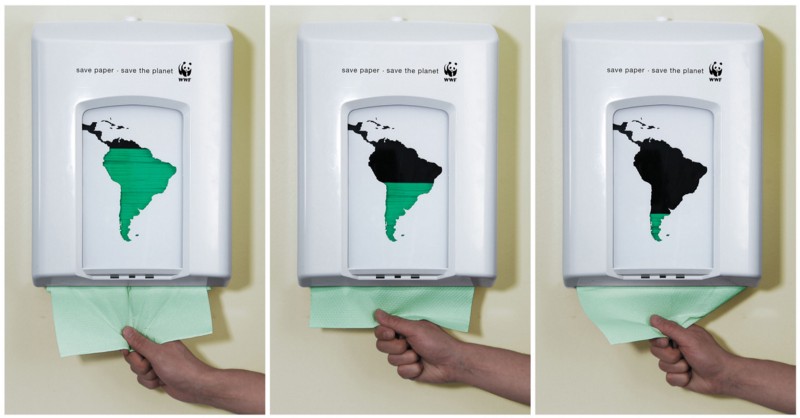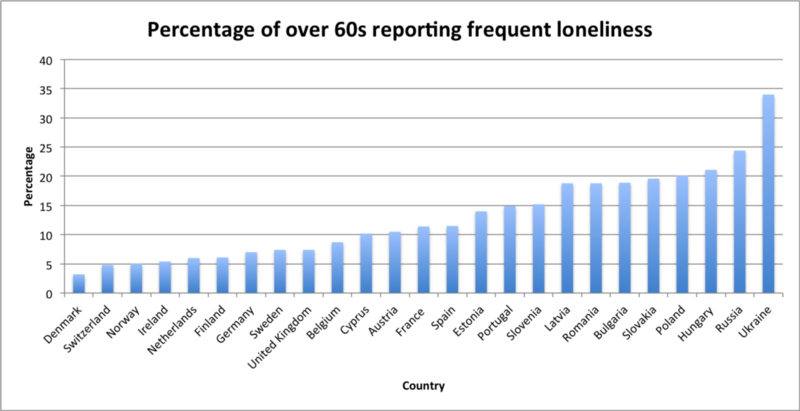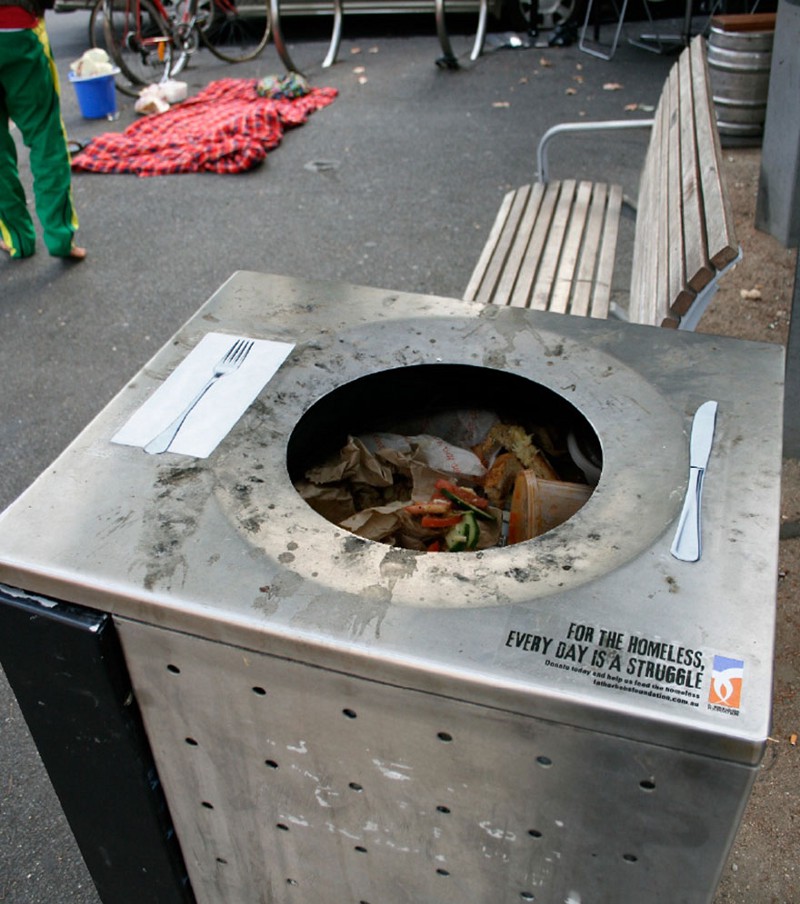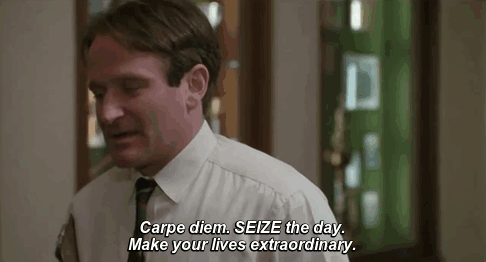by ?? Anton de Regt

This is what you need to know about Socially Responsible Programming
Your talent is worth more than lots of zeroes in your bank account
Lately, I have seen a lot of stories about people getting their first developer job. Like this one or this one or this one. This is great news, but…
Their focus seems to be about getting the good paying jobs in IT after they learned how to code. I don’t think they realize the potential of what they learned. Programming is so much more than an income provider. Code can make or break the world. But why should you care what I have to say?
I’ve tried helping society in different ways. I volunteered my time for causes like the Red Cross or the local athletics club. I’ve donated money to charities. But it’s time to take a different approach. The reason for this is that I don’t have a talent for generating a lot of money. Thus, donating money is not the most effective method for me. I also don’t have a particular talent for folding camp beds with Red Cross volunteers.
The difference with earlier attempts to give back to society is that I now focus on my talents. I got these talents from studying computer science a few years back. I don’t work for a tech company. But in my free time I love to work on small projects. So, my new approach is to use my programming skills to code socially responsible.
What is Socially Responsible Programming?
Let’s start by abbreviating it to SRP. By doing SRP you don’t donate your money to society, you donate your programming skills.
“If I have the means, I have the responsibility to employ them.” ― Terry Brooks
All programmers have this amazing skillset to turn nothing into something valuable. They build things out of thin air. I’ve always found it super rewarding to create something. Working for a tech company must be even more rewarding because the things you create are being used by many.
What if I tell you there is an even more rewarding way to use your fingers? And what if you don’t even have to work for a big tech firm? What can be more rewarding than disrupting the world with your code?
The answer is: disrupting the world with your code and making it a better place at the same time. This is what I call Socially Responsible Programming (SRP). In this article, I’ll tell you everything about it and I’ll explain why you should care.

You don’t have to be a renowned programmer to start reaching for the high levels of SRP. A few years ago I studied computer science. After my degree I didn’t see how I could improve the world with coding. So, I decided to do something else. A few months into the new adventure I missed programming. So I started a few projects from the freeCodeCamp curriculum.
These projects reignited my love for programming and I haven’t lost it since. I don’t see myself as a particularly talented programmer. I like to code and JavaScript makes it super easy to build awesome stuff that runs on phones and desktops.
Currently, I am working on a project with a friend that will connect elderly with youngsters. The goal of this project is to reduce the loneliness of elderly people.

Requirements for reading this article
To be eligible to read this article you have to meet either of the following criteria:
- I’ve built a website at least once
- I’ve built an Android/iOS app at least once
- I’ve studied computer science
- I knew Ada Lovelace
- Other coding experience
If you don’t have any programming experience, don’t sweat it. Start with the freeCodeCamp curriculum and come back here in a few months.
Also, feel free to substitute programming with any other skills you might have. If you do have coding experience you meet all the requirements for this article, keep reading.
The Goal
The goal of SRP is to create value for your users. Value is usually created by helping users with a problem. With SRP it is the same, it also focuses on a problem. But not every problem qualifies.
The problem of not being able to find a cab doesn’t qualify. The problem of not having enough time to cook doesn’t qualify. Also, the problem of being too damn lazy to get off the couch doesn’t qualify. Of course, I’m exaggerating.
When a game gets kids from all over the world to go outside it definitely is a socially responsible game. Well done Pokemon GO!
“The world howls for social justice, but when it comes to social responsibility, you sometimes can’t even hear crickets chirping.” ― Dean Koontz
It’s impossible to write down a list of qualifying issues. Different individuals or societies will have different perceptions of the severity of issues. When in doubt, ask yourself if you could argue that you have a moral obligation to help on a particular issue. When the answer is yes, most of the time it’s a good issue to start a project around.
For example, it is possible you feel a moral obligation to give to charity or to help elderly people cross the road. Issues that do qualify don’t have to be global issues.
Your solutions can also be very simple like customizing a free website template. At the end of this article, I’ll list a few examples of socially responsible projects. For inspiration see this link of typical social issues that live in society.
The goal of SRP is to build something that helps any number of people, animals, trees, or… basically anything. But why is it so important to help society?
Why SRP is important
Now I’m going to bombard you with moral statements…
Wouldn’t you want help if you needed it?
Wouldn’t you want people to use their skills to make something that is actually beneficial to the world?
Should the primary motivation to work be generating digits on a bank account?
“Successful people have a social responsibility to make the world a better place and not just take from it.” — Carrie Underwood
You have a talent. I know you do because you qualified for this article! You have the ability to change lives for the better.
We are all stuck on this planet together (for now at least), so instead of donating money, donate your time. This method is much more effective, especially if you put your talents to work.
If you are reading this article you speak English, have internet access and a little free time. By these metrics, I dare to say that you have a better life than at least half of the population on earth. That’s almost 4 billion people! Which means there are enough people that could enjoy your help. These people deserve a little bit of your attention. Programmers especially have the ability to help them, I’ll explain how you can do that in a little bit.
The cool thing is that SRP doesn’t just help others, it also benefits you. For me the most important reasons I code responsible are the following:
- I feel great about myself
- It adds a sense of purpose and meaning to my life
- I can help others in need and make a difference
Now it’s time to get into how you can start with SRP.

How to code for society
It all starts with opening your eyes to the people around you to find a qualifying issue. The best way to do this is by changing your routine. Go to places you’ve never been before.
For example, visit a local Meetup. Meetups are my new way of opening my eyes. I even sent in a 5-minute lightning talk proposal to the AmsterdamJS Meetup and it got accepted!
Once you’ve opened your eyes, you’ll start to notice things that could benefit from a few lines of code. Start with simple projects to get experience, and keep upgrading your projects.
Time is scarce, but to make a difference you will have to invest time in your project. Make sure you put at least a set number of hours in it each week. I put at least 2 hours a week into my SRP projects, most of the time a lot more. Set any goal for yourself and stick to it.
If you want a fun and easy way to track how much time you spend on different projects try WakaTime. Your free time has its limits of course, but there’s a solution for this. Ask your boss if he will grant you a few hours a week to work on a socially responsible project. Smart bosses accept this so they can show to clients how good they are for society.
Are you ready for some examples?
Examples of social projects
There are a lot of cool examples of people who’ve built apps or websites that make the world a better place. The examples listed below are pretty advanced. Don’t get intimidated, instead look at it to get inspired.
Teaching
Khan Academy has a mission to provide a free, world-class education to anyone, anywhere. It teaches a range of topics, from math to history.
freeCodeCamp is a community that helps you learn to code. Once you learned to code you can get experience by contributing to open source projects. Non-profits actually use these programs.
Guides
Ankommen App is a guide for refugees to get to know Germany in their first few weeks in the country.
iRecycle can tell you how, where and when to recycle anything.
Games
Tree Planet 2 turns virtual trees into real ones. The aim of the app is to grow a virtual tree. The game will need its users to fertilize, water and defend it from loggers. While users are growing a tree on their phones, a real life tree is also planted and tended to. Tree Planet 2 claims to have planted 500,000 real trees in 10 different countries.
Save the Children Earthquake Response is a simulation game about disasters. It has the goal to spread awareness about disaster relief.
Final thoughts
I’m not saying you should quit your job and go all philanthropic. What I am saying is: start thinking about how you can solve issues that you see in your environment. It could be a personal issue and that’s fine, as long as you can help someone or something with your talent! What can you come up with?

